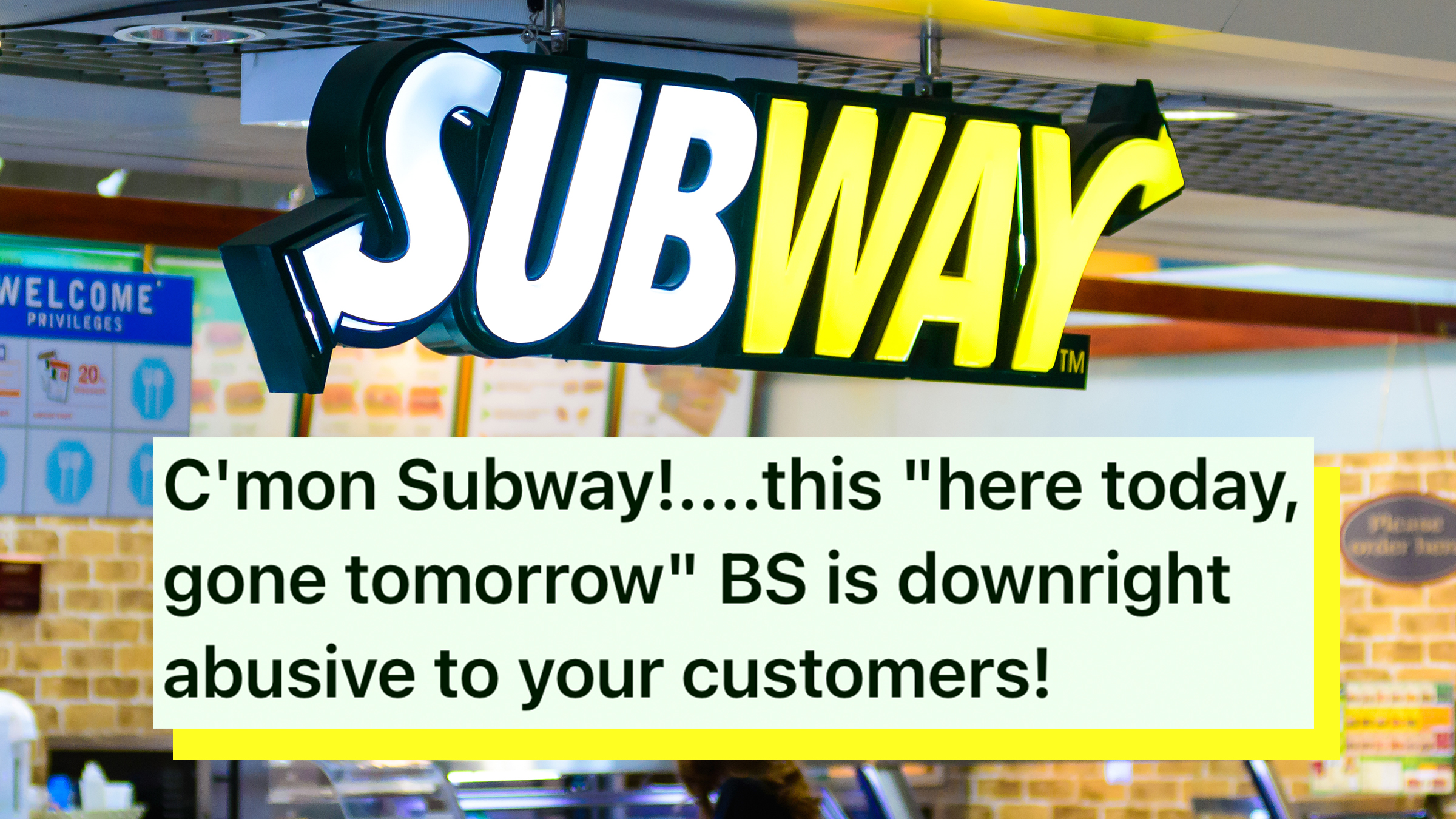A sophisticated new automated phone scam is making the rounds. Its aim: To record your voice, then use it against you, making it seem like you’ve purchased its services. Here’s what’s going on, and what you should do if you get one of these robocalls.
The call itself starts innocently enough. For me, it was a woman’s voice pleasantly talking up some service, leaving no gap in her speech for me to interject and say, “Sorry, no thanks.” When I finally did try to politely end the call—at this point, not fully realizing it was a robocall—the voice abruptly asks, “Can you hear me?” I hung up immediately, which thankfully, was the right move.
If I had said “Yes,” the entity on the other end would have recorded that response, and then edited it to make it sound like I had accepted their offer of a major purchase. I could have then been hit up with charges I never actually agreed to.
The Better Business Bureau reports that for the last few days of January, more than half of its Scam Tracker reports have been about this particular issue, which is rampant in both the U.S. and Canada. In many cases, the “Can you hear me?” comes right at the beginning of the call (again, before you may even realize it isn’t actually a human being calling). The BBB recommends not responding and hanging up ASAP if you’re asked “Can you hear me?” or a similar question.
Nancy Cahill of the Canadian Anti-Fraud Center went even further with her advice. “The best way to protect yourself is to not answer calls from unfamiliar phone numbers or any from unknown number,” she told the Winnipeg Free Press.
If you do get one of these “Can you hear me?” robocalls, after hanging up, you should report the number to the FTC here so the agency can better monitor the issue. To prevent calls like this from coming through in the first place, you can also use an app such as NoMoRobo on iOS, or check this comprehensive list from the CTIA, which has options for all mobile platforms.






